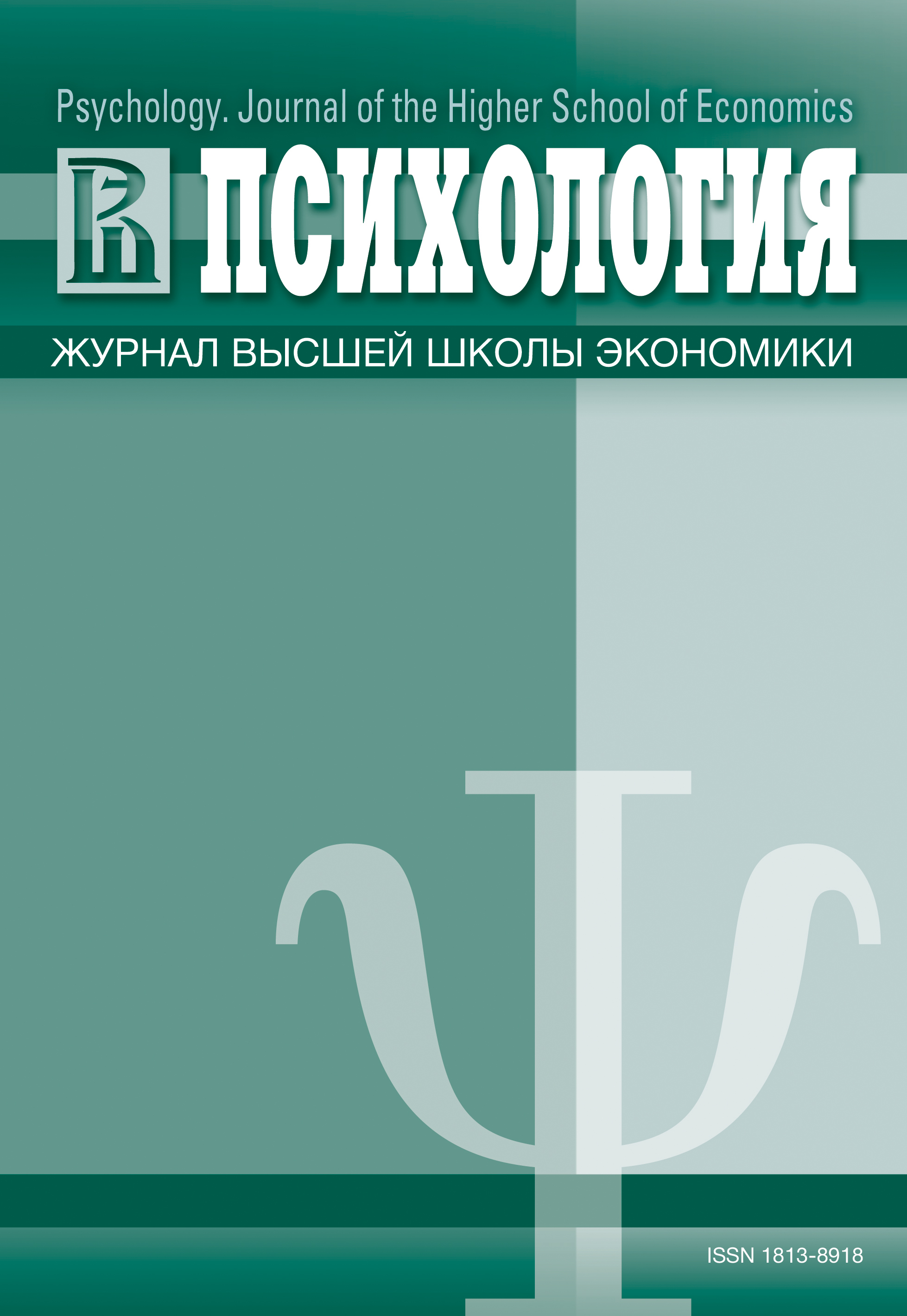Индивидуальные ценности и социально-психологический капитал: кросс-культурный анализ
Ключевые слова:
социальный капитал, доверие, гражданская идентичность, социально-психологический капитал, ценностные ориентации
Аннотация
Проанализирована феноменология социально-психологического капитала, рассматриваемого в качестве ресурса психологических отношений, на основе которого формируется социальный капитал. Проведен кросскультурный анализ влияния ценностных ориентаций на социально-психологический капитал. На примере представителей трех этнических групп (русские, n=103; чеченцы, n=100; ингуши, n=109) показано, что, хотя влияние индивидуальных ценностей на социально-психологический капитал подчинено ясной логике, оно может иметь культурную специфику. Ценности Выхода за пределы собственного «Я» (Благожелательность, Универсализм) оказывают позитивное влияние на социально-психологический капитал поликультурного общества, а ценности Самоутверждения – негативное. Ценности Открытости изменениям позитивно влияют на гражданскую идентичность, но отрицательно на воспринимаемый социальный капитал. Ценности Сохранения позитивно влияют на гражданскую (российскую) идентичность у представителей этнической группы ингушей.Скачивания
Данные скачивания пока не доступны.
Опубликован
2012-05-26
Как цитировать
ТатаркоА. Н. (2012). Индивидуальные ценности и социально-психологический капитал: кросс-культурный анализ. Психология. Журнал Высшей школы экономики, 9(2), 71-88. https://doi.org/10.17323/1813-8918-2012-2-71-88
Выпуск
Раздел
Кросс-культурная психология: теория, метод, применение





